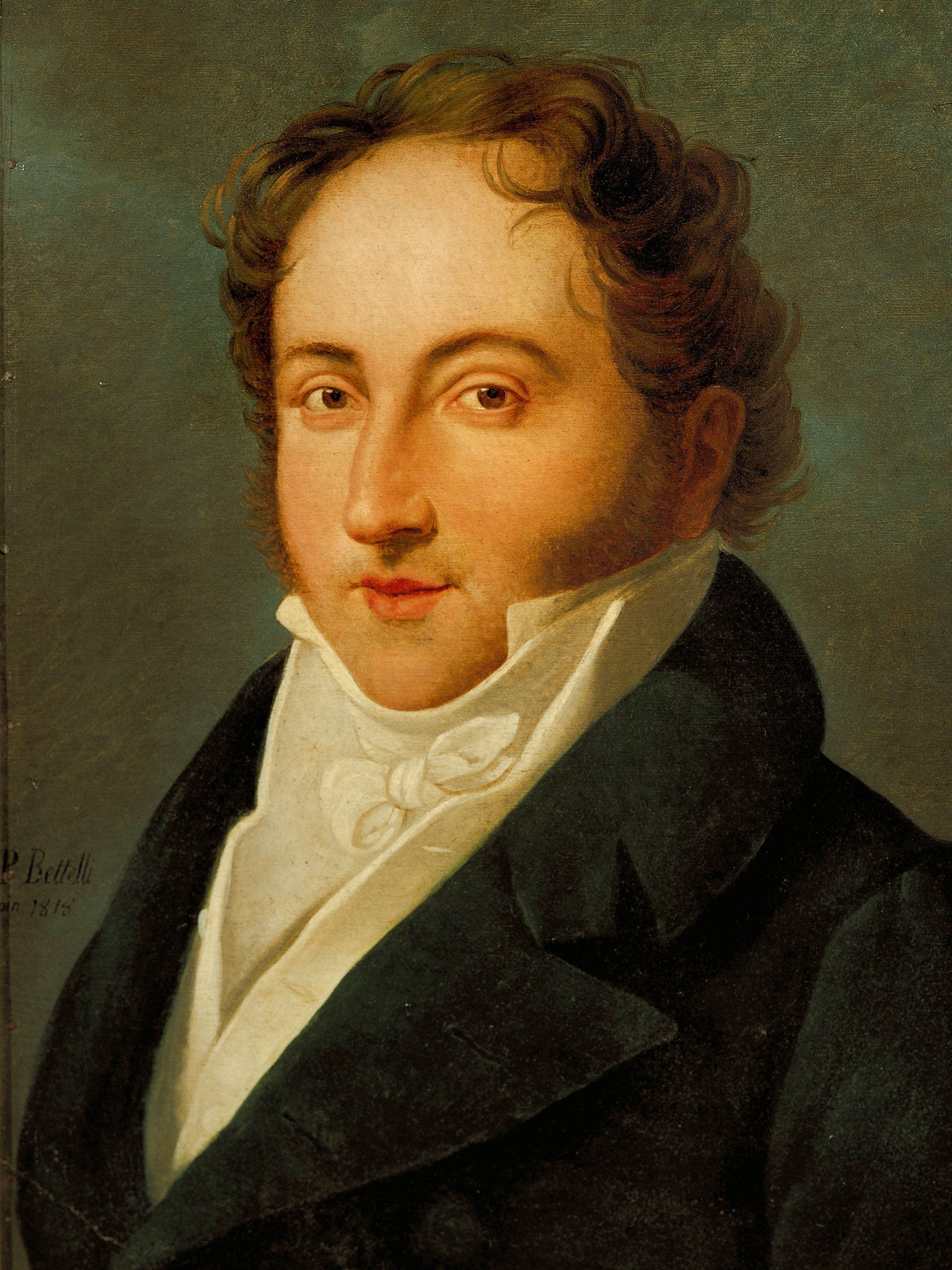Rossini's Spanish jacket: Rhodri Marsden's Interesting Objects No.101
Rossini wore the hazel-coloured jacket with golden buttons to the premiere of his comic opera The Barber Of Seville - but its appearance was not well-received by the audience

Two hundred years ago today, Gioachino Rossini's comic opera The Barber Of Seville premiered at Rome's Teatro Argentina. The disastrous performance has gone down as one of the biggest fiascos in musical history. "Last night," wrote Rossini to his mother the next day, "my opera was staged and was solemnly booed … O what extraordinary things are to be seen in this country."
The decision to stage the opera was controversial. There was already an opera of the same name (also based on the French play Le Barbier de Séville), composed by the 75-year-old Giovanni Paisiello. A statement was put out by the theatre to explain to the public that this was a new work, but to Paisiello's fans this was a mark of great disrespect. They vowed to disrupt the opening night.
The 23-year-old Rossini wasn't paid particularly well for composing the opera (just 400 Roman scudi, way less than the singers), but as part of the deal he received a Spanish-style, hazel-coloured jacket with golden buttons. He decided to wear it to the premiere – but the appearance of this outlandish jacket as Rossini strode out to direct the performance was a signal for the hostile crowd to start jeering. And they didn't stop.
Everything went wrong. Guitar strings broke as they were being tuned. Singers were mocked as they walked on stage. The character of Basilio appeared with a bloodied nose after an unfortunate encounter with a trapdoor, and a cat repeatedly wandered among the singers to loud "meows" from the audience.
Afterwards, Rossini fled the theatre and stayed away for the second night – but with Paisiello's rent-a-mob absent, the subsequent performances were a triumph. "Applause of a totally new kind that made me cry with pleasure," Rossini later wrote. It went on to become one of the world's best-loved comic operas.
Subscribe to Independent Premium to bookmark this article
Want to bookmark your favourite articles and stories to read or reference later? Start your Independent Premium subscription today.

Join our commenting forum
Join thought-provoking conversations, follow other Independent readers and see their replies